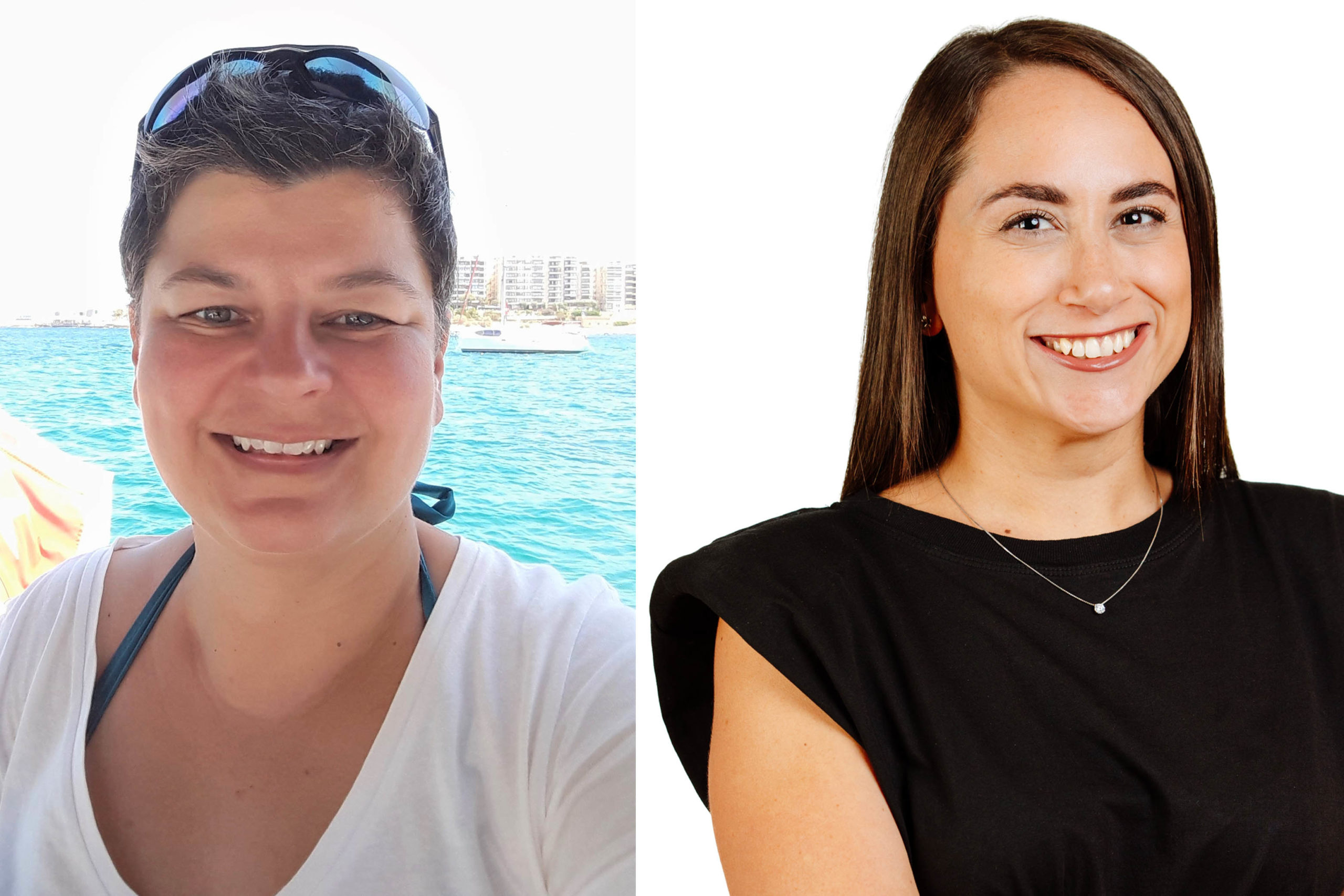
07 Mar Women breaking the bias in science and technology
Here at SHE, we believe that every day is an opportunity to celebrate women!
Today, in honour and acknowledgement of International Women’s Day 2022, we take a closer look at two of our successful bias-breaking SHE members.
Following this year’s theme of gender equality, we spoke with Dr. Alexia Massa Gallucci and Diane Abela, who are both excelling in male-dominated sectors.
We talk business journey, successes, obstacles and advice.
Read on as we shed light on some of the bias women are up against and feel empowered to take the first step to #breakthebias not just today, but every single day moving forward.
Dr. Alexia Massa Gallucci
Alexia, What is your professional background?
I am a marine and fisheries biologist with extensive experience in research, applied fieldwork and as an academic lecturer. I completed my undergraduate studies in marine biology at the University of Naples, Italy (Università Degli Studi di Napoli Federico II), where I am originally from, and obtained a PhD in Ireland at University College Dublin for research on the management and conservation of wild fish populations.
I continued my career in academia pursuing post-doc research projects in a variety of subjects from conservation biology through environmental sustainability to the impact of ocean acidification on marine biodiversity.
After moving to Malta, I started working in the marine industry for an environmental consultancy company where I was involved in both commercial and research projects and established the department of Fisheries Research and Development.
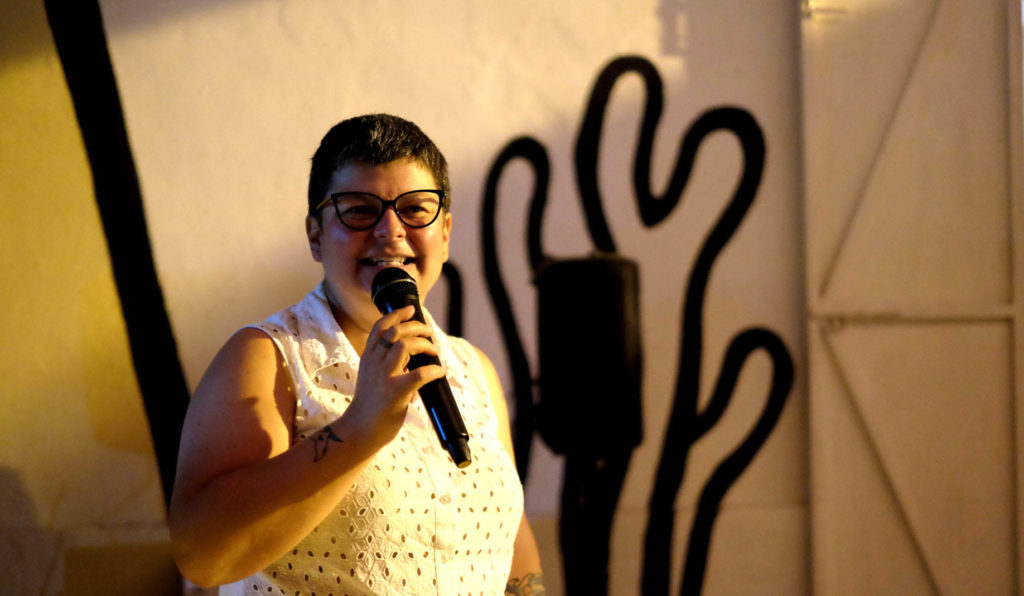
You’ve recently founded a company called “Blue EcoTech Ltd.”, can you please tell us a little bit about it and what services you are providing or plan to provide?
I am the Director and co-founder of Blue EcoTech Ltd. which was established in November 2021 by myself and a colleague, to further expand the aims of the start-up project called Ocean Breath, with which we participated in the MED ClimAccelerator programme supported by EIT – Climate KIC, that was focused on seagrass underwater reforestation and waste valorisation.
The mission of Blue EcoTech is to provide innovative solutions to valorise different waste sources using applied bio-technologies to develop added-value products aimed at other industries (pharmaceutical, nutraceutical, agronomic etc.) and to reduce waste.
Blue EcoTech is committed to the protection and conservation of marine resources through restoration ecology. Thanks to the combined expertise of the team, Blue EcoTech provides consultancy services in the field of marine conservation and fisheries science, education and field-related services including scientific diving.
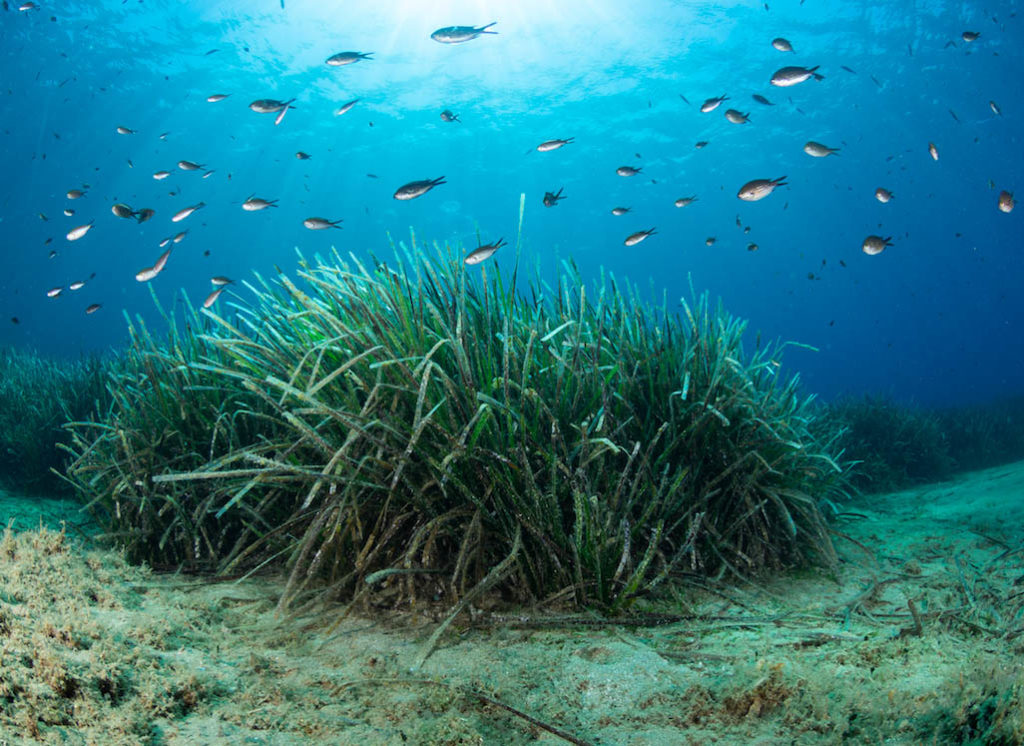
Why did you choose this line of business and what do you love most about it?
During my career, I have had the chance to explore many different fields of applied research. However, the consistent thread of interest has been my involvement in projects that focused on the conservation of natural resources. Conservation biology is the field that over all these years has kept my passion alive and provided me with purpose. I believe, it is also the field where I can contribute the most and make the biggest impact. This is the reason why I wanted to create a company whose main aim is to protect, conserve and educate about the importance of the natural environment and its resources so as to continue working on something I love and put my skills to service.
Have you ever experienced any gender bias studying or working in your industry?
The fields of marine and fisheries biology are traditionally male-dominated environments where gender bias is strong. I came across these issues during my post-graduate projects when carrying out fieldwork activities. I had to fight back common stereotypes which were based on the fact that this is a sector where women are not welcomed or on the assumption that women can’t carry out or handle the work as well as men.
I continued to encounter the same stereotypes during the rest of my career. I also found that women are a minority in international specialised conferences, and very little represented in the higher ranks of academia or industry.
Also, when working on different projects and in various countries both the academic sector and the industry sector displayed a remarkable gender gap when it came to salaries, recognition and opportunities for career progression compared with men of similar experience and age.
Why do you think more women should get into science and what advice would you give anyone aiming to set out on this career path?
Science is an incredibly fascinating and exciting career path to choose, especially for any individual with a curious nature. Being a scientist allows you to keep alive your sense of wonder and be in touch with your inner child while facing new challenges and finding creative solutions that contribute to real impact in modern society.
It is a career that drives you and teaches you resilience, persistence, adaptability and many other skills that can be used to navigate life.
My advice is, if Science is your calling, follow it, find your own path and align with your own purpose. This will allow you to face difficulties and overcome obstacles more easily.
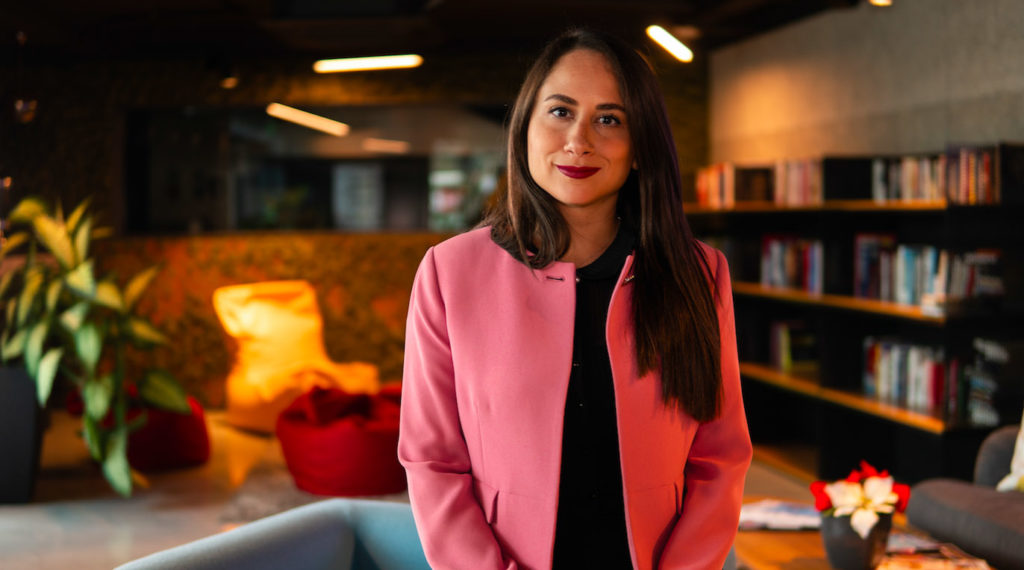
Diane Abela
Diane, as soon to be Chief Information Security Officer, can you tell us about your professional background?
I started off my work experience in one of the Big Four firms focusing mainly on performing IT Audits, and this is what sparked my interest in risk management. I then moved into a more information security-focused role in a Maltese group of companies, where I worked with the Group IT function to introduce standardised information security principles across a number of companies and industries.
I got my first leadership role when I was promoted to Head of Information Security working for a technology provider in the Gaming Industry. I was entrusted to build a team of information security professionals, to manage and drive the information security posture of the group. Being consecutively promoted to Director of Information Security within the same organisation in 2020, I continued to work with my team of engineers and risk officers to enhance the information security maturity of the organisation.
I am now looking forward to starting a new role as Chief Information Security Officer (CISO) for a healthcare technology provider in London, that builds products for the UK National Health Services (NHS). Working in healthcare has been a dream of mine since writing my undergraduate dissertation on health technology.
What has been your biggest achievement so far?
Building a strong, successful and happy team has been my biggest achievement so far. There is nothing more satisfying for me than leading a group of people towards a shared objective, investing time in their learning and growth and watching them flourish as individuals and professionals. To me, being a good leader means fostering an environment of trust and collaboration between your team members, providing a safe space for anyone to speak up and share their ideas.
This is what I always strive for, and I do believe I managed to deliver it in my last leadership role. I couldn’t be prouder of what we managed to do together as a team, and how much I’ve seen the people in my team grow over the past years. Being voted Leader of the Year by my peers was in fact one of my proudest moments, one I will hold on to for many years to come.
Have you ever experienced any gender bias studying or working in your industry?
I feel quite scared answering this question, as it means sharing experiences where I felt most vulnerable over the course of my career but I do so hoping it will make a difference to someone who may be going through similar situations.
It was when I was starting out in the industry that I experienced most gender bias. I acknowledge the fact that as a young female, you really do have to work extra hard to be taken seriously. At least that was my experience starting off in the industry a couple of years ago.
I reflect on the many occasions where I was first introduced to colleagues and was not initially treated as a professional. Many of my first interactions with colleagues did not focus on the job I was there to do, but on my relationship status, with comments that were not about my skill-set but my attire. I cringe thinking of the time when I was asked in front of a room full of people, whether I had to give any sexual favours in order to get my role. Everyone laughed like it was the norm.
This bias meant that my value to the business took longer to be seen and acknowledged. Especially taking into account all the other ‘little’ daily things, like cynical looks as I first spoke up in a room, sarcastic questions as I made a recommendation, or blatant disregard for what I had to say, as I was spoken over in a room full of people that looked different than me.
I managed to get past this in all my roles and I can say that I found support from numerous colleagues and managers (male and female) who focused on my skills and capabilities, not on my gender. I showed grit and passion, I demanded to be taken seriously by doing good work and not letting anyone deter me from my goals. However, I do think about all this with a heavy heart, because despite managing to get to where I wanted, it does not take away from the fact that it was unnecessarily harder to do so.
Doing a good job in such a high-risk profession is already hard as is. Having to smile, nod, and bite my tongue at sexist comments, in situations where speaking up would have harmed my career in its early days, made it much harder for me to focus on my job. I wish that during these moments where it was difficult to speak up for myself, I had found more allies pushing back with me.
Most of all I do wish and hope that with increased awareness on this subject, other individuals who are also in a minority, who might not have had such a strong support system at home and through friendships, will find the support and allyship that they need.
Have there been any major obstacles you’ve faced working as a young female in a high position in a male-dominated industry?
I think that once you reach a high position, once you have proven yourself, you experience much less “in your face” bias.
However, unfortunately, I have experienced bullying in the form of gaslighting, where all my achievements and my capabilities were questioned and I was made to feel severely unworthy of an opportunity. This brought back a lot of hard memories, from my past experiences and made me question my abilities. For a second, I even believed that what this person was saying was true even though I now know I deserved the opportunity and had worked hard for it.
Admittedly it took me a couple of days to get back on my feet after this occurrence. I needed time to reach into the self-strength toolbox I’ve built over the past years, to recognize what was happening and realise it had nothing to do with me or my abilities. I spoke with my therapist, who has helped me see the truth in situations so many times over the past years, as well as with trusted colleagues who helped me remember my worth. With their help, I am proud to say I pushed back and I spoke up, no matter how nerve-wracking it was. It was actually a male colleague’s encouragement that helped me realise that we don’t just speak up for ourselves, we speak up for the ones coming after us. We speak up so that others do not have to go through the same experiences we did.
This led me to read up about the importance of ally-ship in organisations, where everyone is invited to stand up for what is right and everyone makes an effort in being aware of what and how others experience the world. It asks us all to reflect and challenge our unconscious biases and do better, for others. This is why, after my experience, I kicked off an ally-ship initiative in the company I worked for back then – focusing on gender and inviting all men to be a part of the fight against gender bias.
What advice would you give to women working or wishing to work in cybersecurity?
I would say that information security is a very broad field that covers many areas and requires diverse skills and experiences. Take the time to understand what it is you like to do, whether it is technology, audit, policy writing or education and awareness. There is room for all of this and more when working in information security.
Do not put pressure on yourself to know in your first years. Enjoy learning and discovering what you are able to give back to the field, and if you are truly passionate about it, there will be room for you in whichever part of it you choose to work in.
If you do experience gender bias, or you find yourself facing barriers to your career, do not give up. Keep at it, hold on to your goals and dreams, and most importantly do not be afraid to reach out and ask for support.
Written by Monika Kopcilova
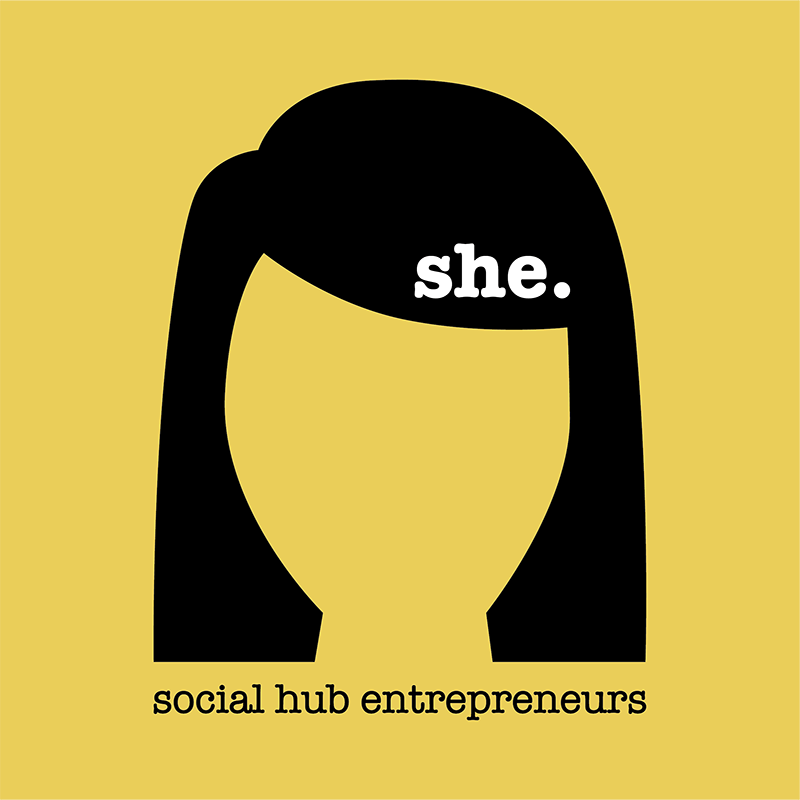
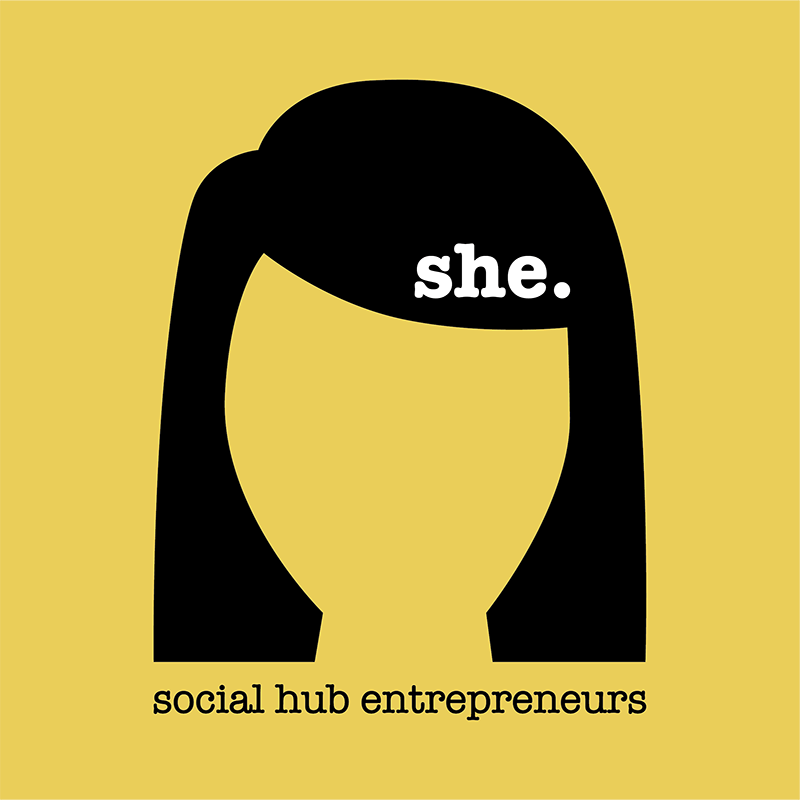
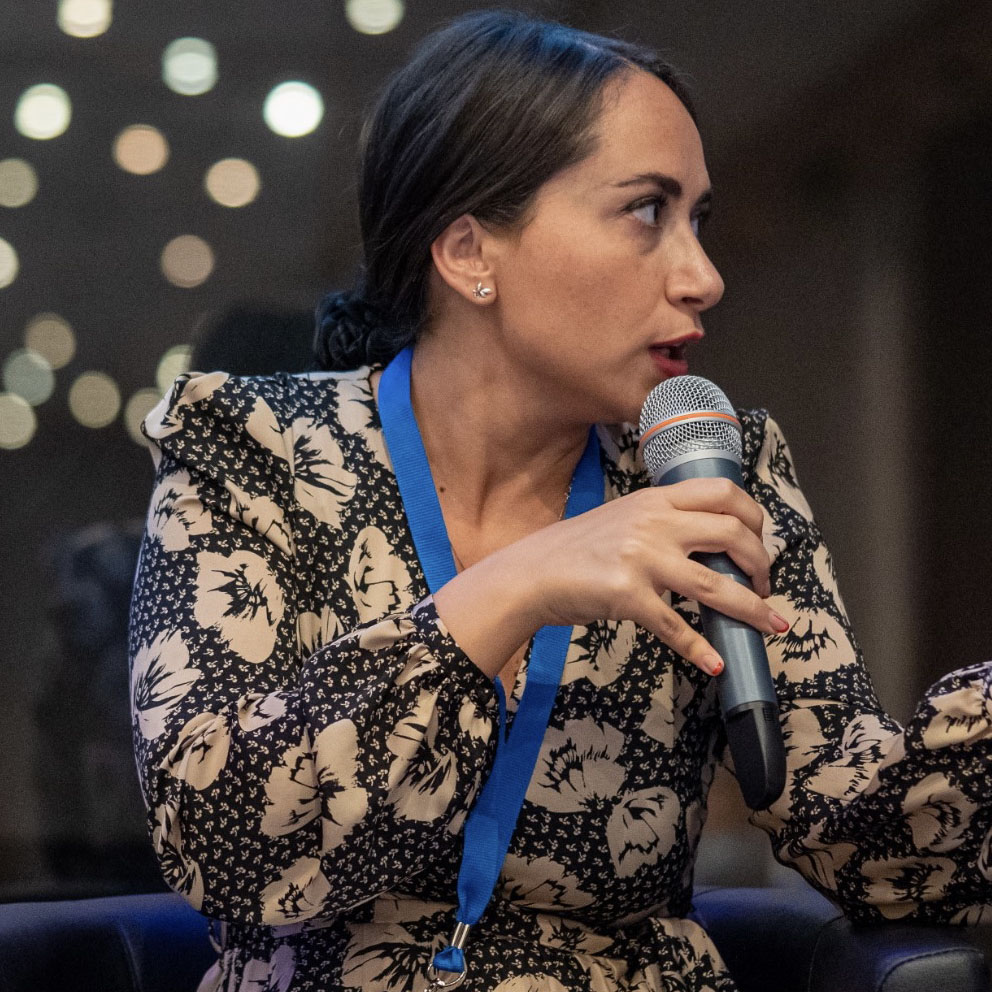
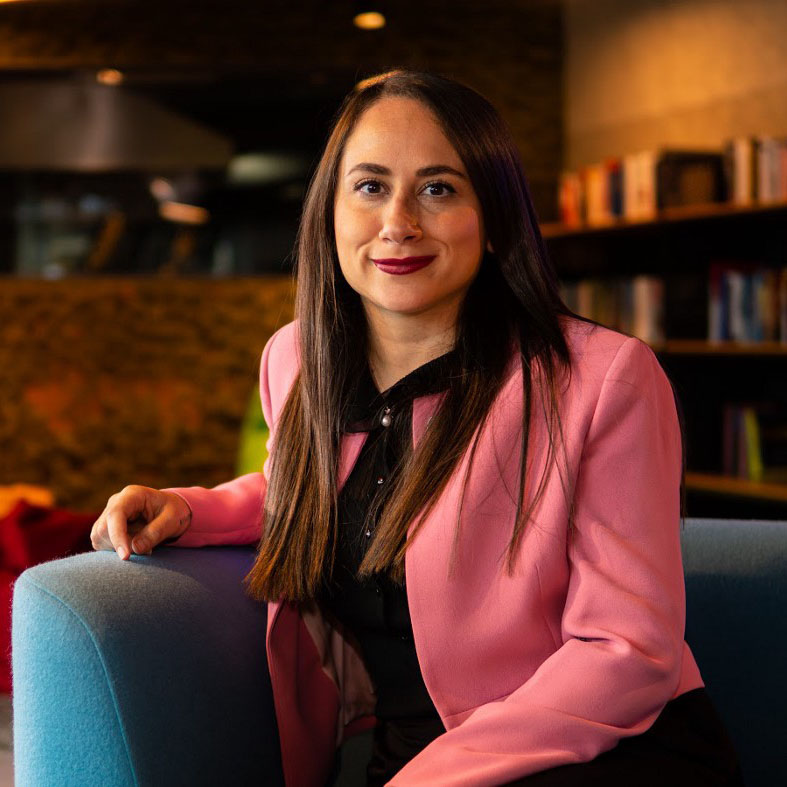
Sorry, the comment form is closed at this time.